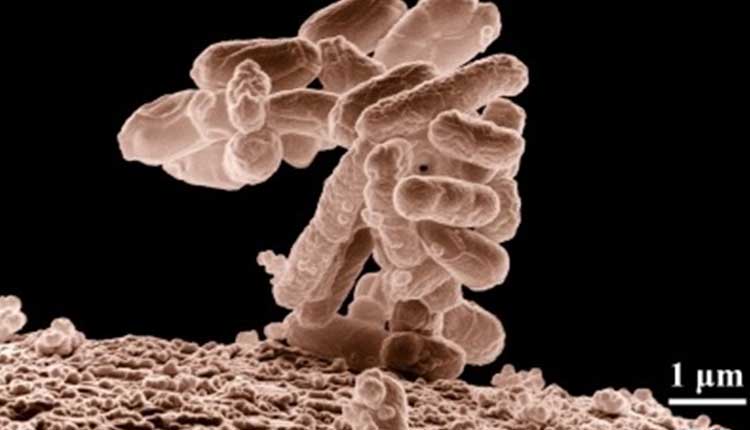San Francisco: The average college cafeteria table hosted 60,000 times more bacteria than the average household toilet seat, a new study has found.
The study, conducted by College Rover, identified the germiest places on multiple campuses by swabbing various areas, including bathrooms, common areas in dorms, and keyboards in computer labs.
The swabs were then tested to determine the types and numbers of germs.
In addition to swabs, researchers polled 1,000 students about their personal experiences and hygiene practices.
According to the study, public bathrooms were the germiest area of all the campus hot spots.
With 47 million colony-forming units (CFU), 64 per cent gram-negative rods and 34 per cent type II, campus bathrooms were home to more would-be infections than a Saturday night party.
While germy bathrooms weren’t surprising, campus laundry rooms were shockingly germ-infested, with 30.5 million CFUs: 98 per cent gram-negative rods and 2 per cent bacillus.
Laundry rooms were even more germy than campus cafeteria tables, which had 100,000 fewer CFUs. The kitchen sink is one of the dirtiest places in most homes, with an average of just under 11.4 million CFUs — but that’s nothing compared to college library desks, which had 2.6 times more bacteria, the study mentioned.
The researchers also surveyed college students about their hygiene habits and found that nearly 15 per cent of college students only cleaned their living space once per month.
Female students were particularly grossed out when people coughed or sneezed without covering; nearly four in five said it was the nastiest hygiene habit they saw on campus. Students saw other nasty hygiene habits like not washing hands after using the restroom, not showering or brushing their teeth regularly, and not flushing the toilet, the study said.
(IANS)
















